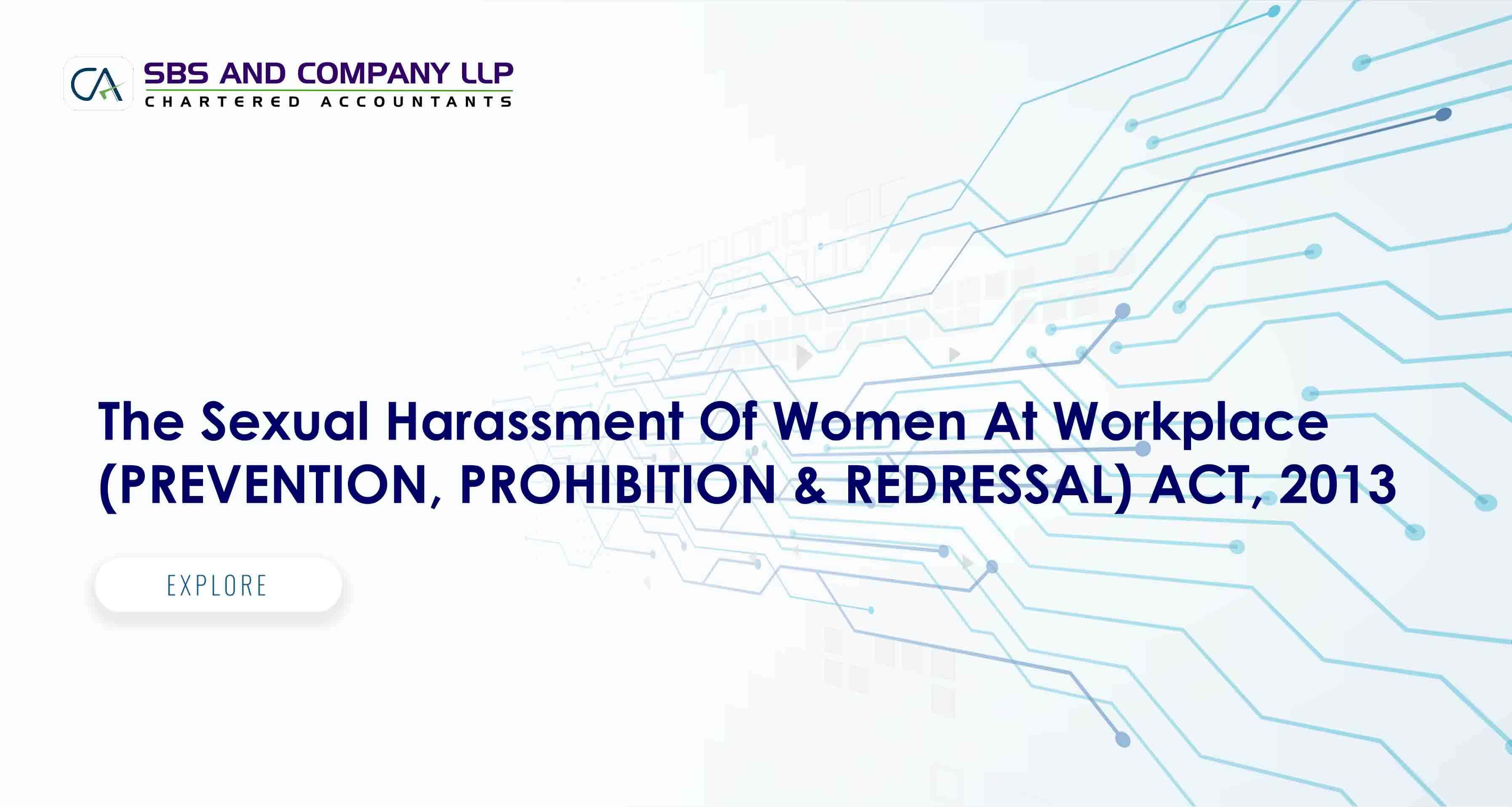In developing countries like India, women’s participation in the workforce has been remarkably low as compared to men. However, the role of women in employment has been increasing in recent years and it has now been widely accepted phenomena. The parents and the society are now approving the employment of both married and unmarried girls. The parents of a girl child do recognize the need of preparing her for a vocational or professional role besides preparing her to cope with calamities.
This has also brought in a change in the basic orientation of the female. Employment and career have become an important part of her life. She is gradually becoming achievement oriented with independent aspirations and is trying to achieve them.
The new economy industrial organisations have thrown open considerable employment opportunities to women and now it is a reality that the men and women have to work together shoulder to shoulder to achieve organisational objectives.
The increased women participation in workplaces made it necessary for the Legislature to enact The Sexual Harassment at Workplace (Prevention, Prohibition and Redressal) Act, 2013 for the prevention of sexual harassment against women at workplace. The main objective of the act is protection of Women, prevention and redressal of sexual harassment complaints.
Sexual harassment has been termed as a violation of basic fundamental rights of women under Article 14 and 15(3) that deal with Right to Equality and Right to Life and to live with dignity under Article 21 of the Constitution of India.
Sexual Harassment is also considered as violation of the right to practice any profession or to carry on any trade, occupation or business under Article 19(1) (g) of the Constitution of India.
Any of the following unwelcome acts or behaviour whether directly or by implication constitute sexual harassment as per the Act:
- Physical contact and advances or
- A demand or request for sexual favours or
- Making sexually coloured remarks or
- Showing pornography or
- Any other unwelcome physical verbal or non-verbal conduct of sexual nature.
In one of the recent decisions, HR Manager who was guilty of sexual harassment was directed to pay compensation and the company was directed to pay salary for the non-workingperiod to the complainant women. The details of the matter are as under:
A former employee of I P Infusion Software India Private Limited had said that she was sexually harassed by Mr. Bharat Chandrashekhar, Senior Manager HR, while she was in service. She appealed to the labour department after the company’s internal complaints committee quashed her petition.
The women complained Mr. Chandrashekhar had commented on the colour of her nail polish and tried touching her fingers inappropriately. Once referring to a job applicant, Mr Chandrashekhar had allegedly said the person was interested in joining the company because he had seen the complainant and got attracted to her.
Mr. T Srinivas, Additional Labour Commissioner in his order dated 27.12.2016 directed the company to hold back Mr. Chandrasekhar’s annual salary increment and other monetary benefits for three years from January 1, 2017. He directed the company to deduct Rs. 50,000/- from Mr Chandrasekhar’s salary every month for 60 months, and pay the same to the complainant.
In case Mr. Chandrasekhar leaves the company, then the amount should be deducted from the money payable by the company to him and the same should be paid to her. And if the company fails to do so, then it has to pay the amount to the petitioner on its own.
The Addl. Labour Commissioner also held the company guilty of creating an atmosphere conducive for sexual harassment and directed the company to pay Rs. 4,80,000/- towards her monthly salary for the period between September 2015 to December 2016. (Source of information – Labour Law Reporter February 2017)
The above orders demonstrate the powers vested under the act, if any authority under the act is taking a decision on sexual harassment complaints and an eye opener for men who knowingly or unknowingly act or react to situations while working / partying with their women colleagues. The men at work need to respect women and observe absolute restraint in their behaviour to protect themselves from the long arms of the law.



